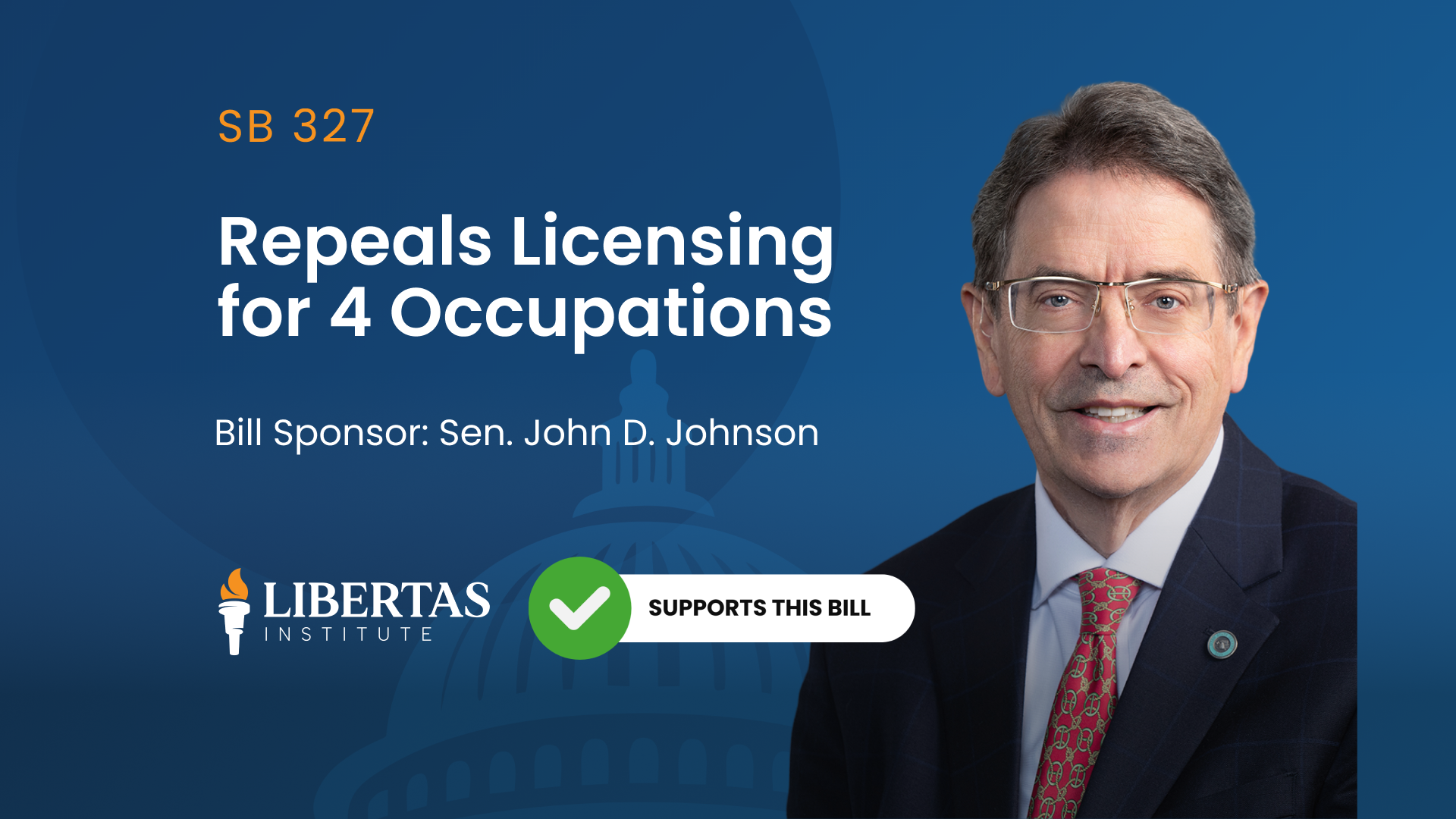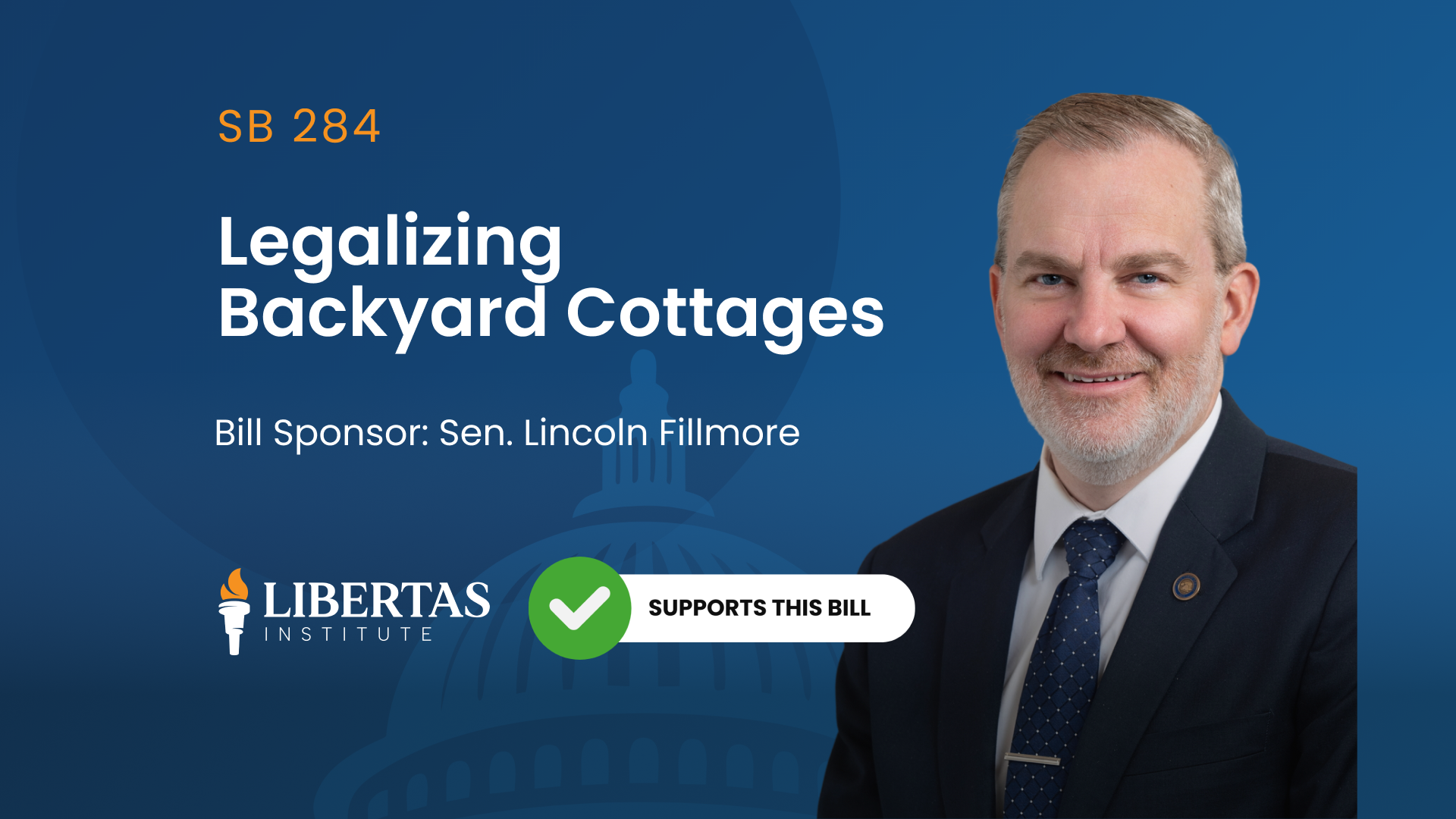To track the status of this bill, find it on our Legislation Tracker. Click here to contact the sponsor of the bill to share your thoughts, or click here to email your Senator and Representative about it.
Libertas Institute supports this bill
In the evolving landscapes of both law enforcement practices and technology, reverse-keyword searches have become a point of contention. These searches provide law enforcement with access to widespread digital datasets, including records of Google searches, offering valuable insights for criminal inquiries.
This power raises a fundamental question: at what cost is it to our civil liberties?
At the heart of the matter lies the delicate equilibrium between security imperatives and the fundamental human right to privacy. While law enforcement agencies assert the necessity of employing these warrants to combat crime, there exists an even more important need. That fundamental need is to implement measures that safeguard the privacy and civil liberties of individuals.
Aligning with the viewpoint of many privacy scholars, law enforcement must navigate within the bounds of long-standing legal principles, ensuring that technology does not eclipse the rights to privacy. We advocate for an approach where technology serves the individual and does not become an invasive policy by law enforcement.
In this vein, HB 553, Reverse-Keyword Information Prohibition emerges as a bill that supports privacy, seeking to balance the pursuit of justice with the absolute imperative of the Fourth Amendment. HB 553 proposes to restrict reverse-keyword searches, thus backing the liberties of Utah’s citizens while still empowering law enforcement to fulfill their responsibilities by codifying a keyword search that has the backing of probable cause, including particularized suspicion of an individual or device.
The bill explicitly states the prohibition of the use of evidence derived from reverse-keyword information and the use of evidence derived from reverse-keyword information.
By supporting this bill, the Utah Legislature could further commit to upholding the principles of privacy, transparency, and accountability in our criminal justice system. By advocating for the enactment of legal safeguards, we seek to promote a society that values both security and privacy, preserving the substance of the Fourth Amendment for years to come.




